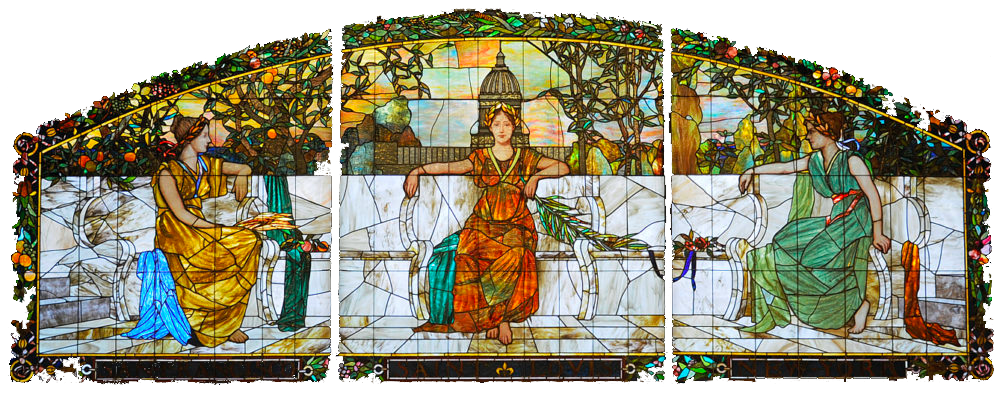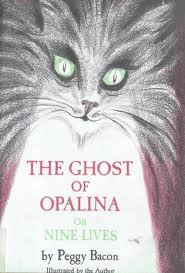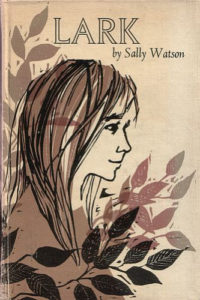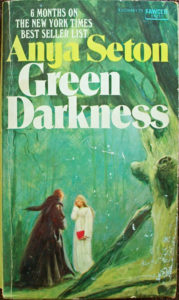There are only two weeks before Newport‘s official publication date, so please excuse me if this post is a little scattered and self-indulgent. Really, it’s better to let me get it out of my system now so that I can start being more interesting as quickly as possible.
I’ve been thinking about my love affair with historical fiction. It goes way back to my childhood, when burying myself in the pages of a book meant a trip to other times and places.
Books were better than movies for me. A book provided the set, characters, and plot but allowed my imagination to fill in some details. My very favorite books inspired me to write my own version of fan fiction before fan fiction was cool. Some authors might have been surprised to learn that a character they’d never created had hijacked their plot and now starred in a whole new version of the storyline.
My preferred historical “vacations” changed as I got older. My favorite era in middle school was colonial America, which made sense since I grew up in 18th century Annapolis. But then I started sliding backward. I slipped through the Jacobite risings in the Scottish Highlands, down past Charles II and the English Restoration, and straight into Tudor England.
By the time I hit college, I was a history major with an emphasis in medieval studies. But after I’d written a few novels, I changed course again and found myself drawn to the late 19th century, an era that had never enticed me before. From there it’s been a continued upward drift. Newport takes place in 1921; the novel I’m currently working on is set in the early 1930s.
It’s even more fun to write historical fiction than it was to read it. Once again, I get to immerse myself in a time period different from the one I inhabit on a daily basis. I get the opportunity to research random events and inconsequential details to my heart’s content. And this time my characters aren’t photo-bombing somebody else’s story. The setting and plot details are my own.
I worry that despite all of my best efforts to accurately re-create the texture of an era, some pesky anachronisms might creep in. But even with that pressure, I believe that authors of contemporary fiction have a much tougher time telling their stories than I do. Why? Because technical advances have made it difficult to build tension in any story set in modern day.
I offer the following examples:
Your protagonist, an amateur sleuth with a nose for solving crime, has a hunch the popular new guy in town isn’t on the up-and-up. But how to prove it? (Well, what do you think Google is for?)
The gorgeous woman who just introduced herself to the protagonist stirs faint memories; he knows he knows her, and he knows she knows he knows her. But, how? (Check Facebook first. If that fails, back to Google.)
The protagonist has information that could change the course of humanity. He must find a way to share this information immediately! (All right, then. Let’s just try a few cell phone numbers, because just about everybody is accessible all of the time these days.)
So, it’s pretty clear I lack the imagination to write a contemporary novel at the moment. We’re all better off if I stick with historical fiction.
And that’s just fine with me.











Absolutely delightful post. 🙂 (And what about those of us who simply don’t want to live in that world that gives everything away? Wants to keep the depth of the mystery? 😉 ) Thanks so much for writing historical fiction, a gift so many of us.
I want my copy! When can I actually have it in my hands!
Thank you, Phyllis! And this is another great time for me to gripe about modern technology: I JUST RECEIVED YOUR POST! But in a way, it was nice to read it on such a rainy, dreary day. You’ve reminded me all over again what it is I like about historical fiction!
SOON, Michelle! (I want to see it, too!)